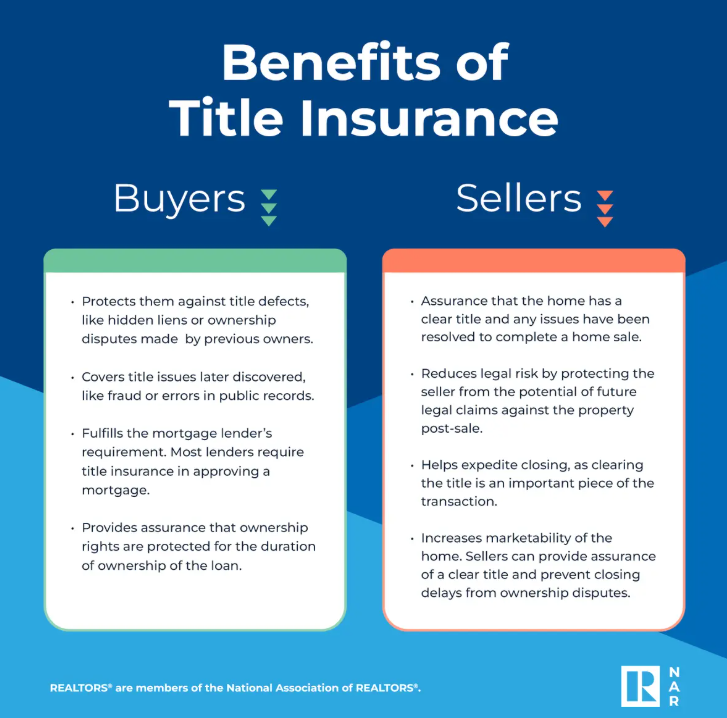When you buy a home, something called the “title” is very important. The title is like a document that proves you own the house. However, there can be problems with the title that hinder the sale. For example, there might be unpaid bills (called liens) tied to the house, or someone else might claim they own it.
Even President Abraham Lincoln’s family lost two homes because of title problems! (Lincoln Boyhood National Memorial, Indiana pictured above)
Title insurance is like a safety shield for homeowners. It protects you from issues that might pop up later, like if someone says they own part of your house, if there’s a mistake in the property records, or even if an old owner didn’t pay their bills.
How Much Does Title Insurance Cost?
Lenders typically require a buyer to purchase title insurance during the mortgage process because it protects the lender’s investment.
Title insurance is often an added cost when purchasing a home and cost an average of 0.42% of the property’s purchase price, according to Fannie Mae.
To estimate costs, First American Title offers a title insurance calculator.
This one-time payment can typically be rolled into closing costs.
Benefits of Title Insurance
Title insurance is a one-time payment when buying a house, but it protects you for as long as you own the home or while you’re paying off the loan. It keeps you safe from problems that might come up later, like someone claiming they own your house.

For Buyers
Title insurance gives buyers extra confidence that they really own their home. It can save them from expensive legal fights if there are problems with the title. Here’s how it helps buyers:
- Protects against hidden issues, like unpaid bills or claims from past owners.
- Covers problems found later, like mistakes in public records or fraud.
- Meets the bank’s rules, since most lenders require title insurance to give you a loan.
- Ensures your ownership is safe for as long as you own the home or have the loan.
For Sellers
Sometimes, sellers pay for title insurance to help the buyer save money and make the house more appealing. This can make the sale go smoother. Here’s why it’s good for sellers:
- Shows the house has a “clear title,” meaning all problems are fixed before the sale.
- Lowers the chance of legal trouble later if someone makes a claim on the house after it’s sold.
- Speeds up the sale, because a clear title makes buyers and lenders feel more confident.
- Makes the house more attractive to buyers, since title insurance can prevent delays from ownership issues.



